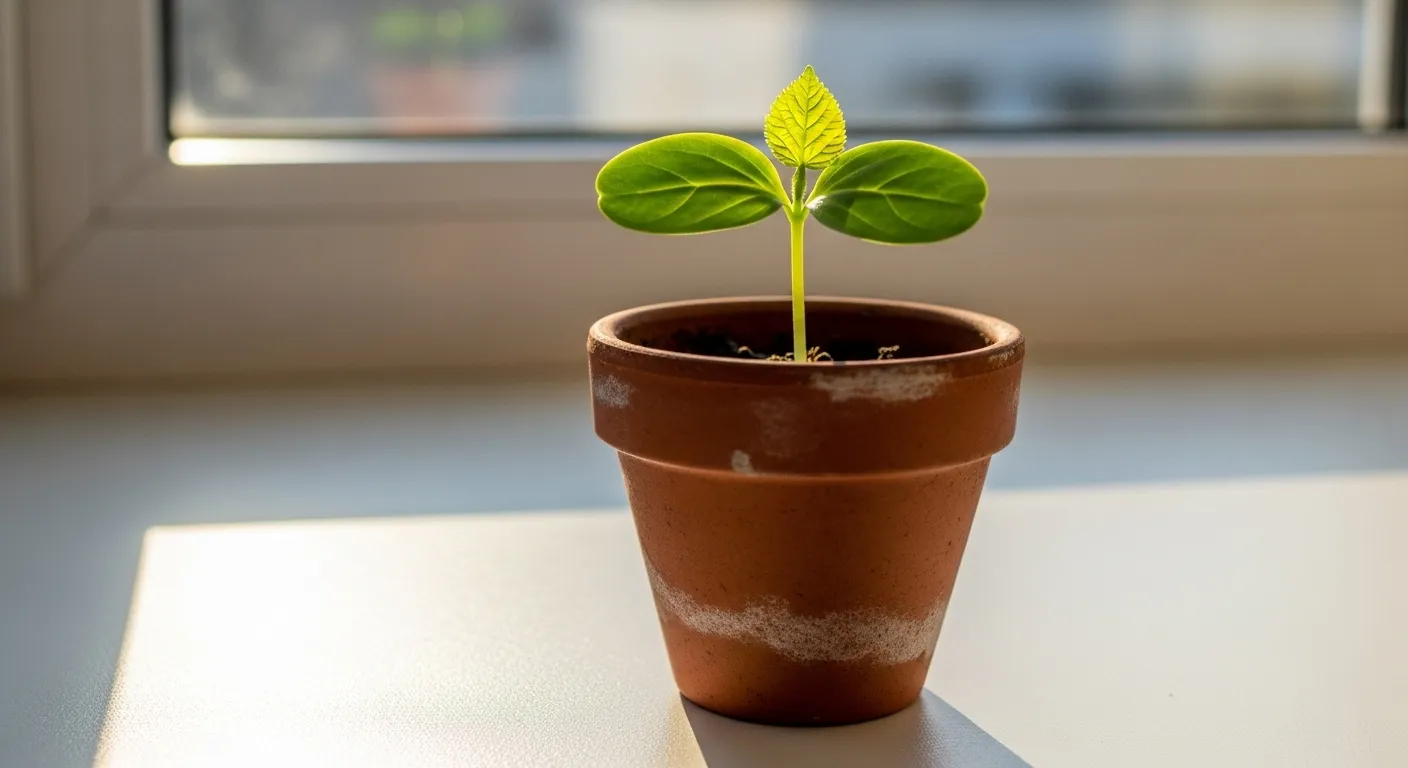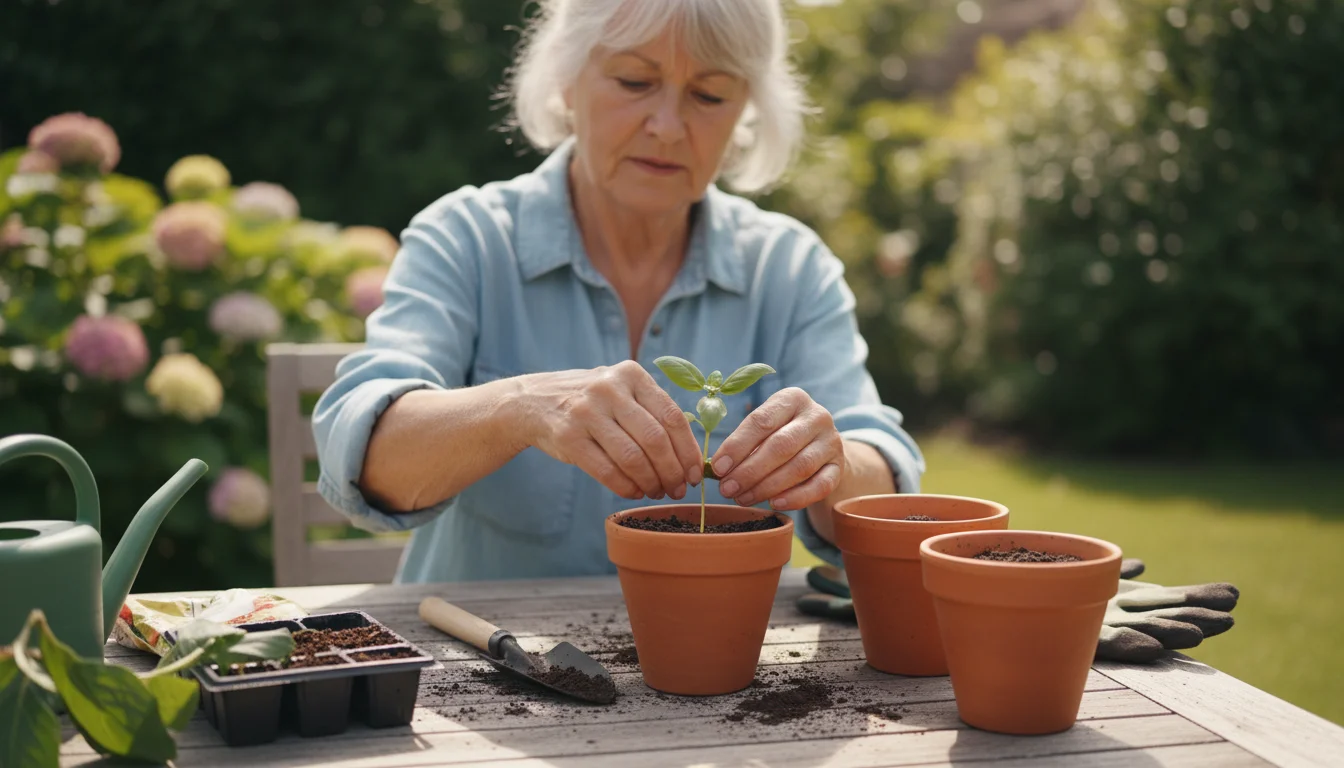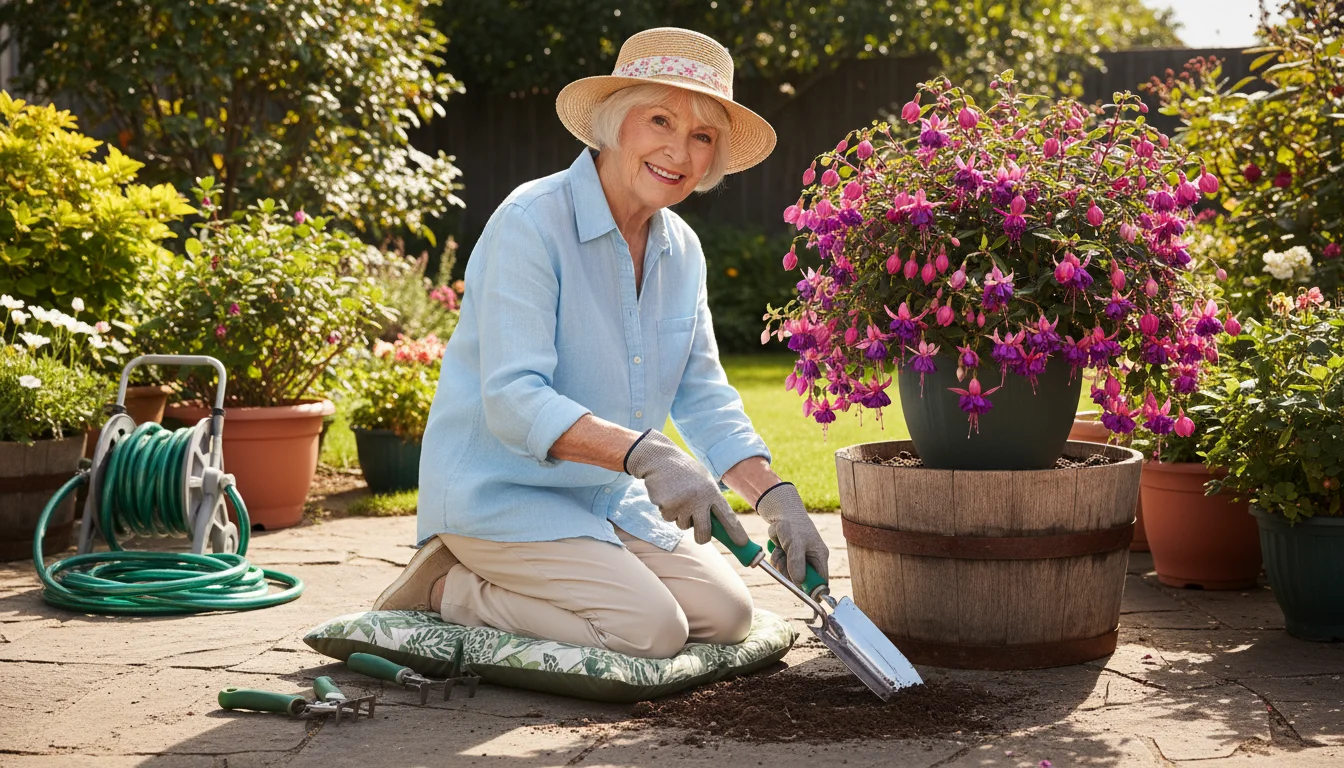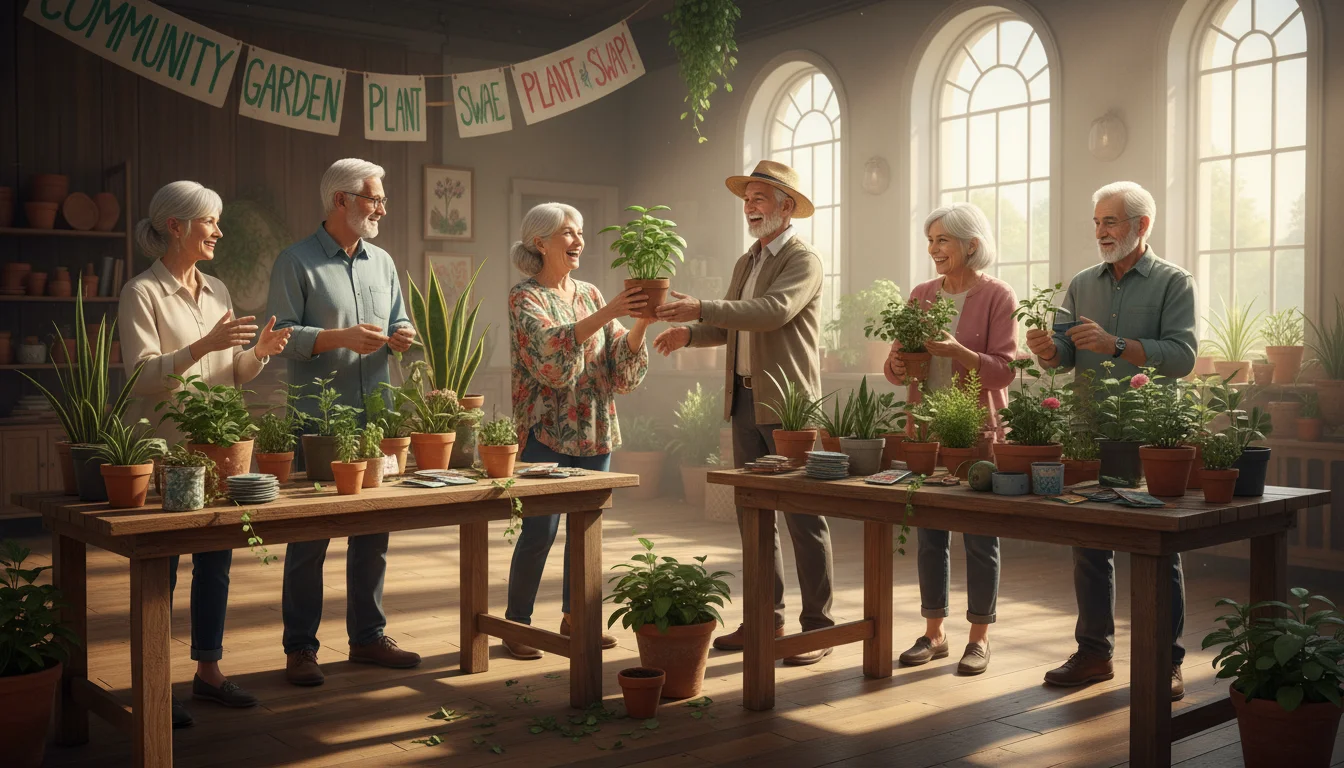
Tips for Getting Started and Making Connections
Embarking on a new journey can feel a little daunting, but starting your gardening adventure is easier than you think. The key is to begin with curiosity and a willingness to learn. You don’t need to be an expert overnight. The garden is a patient teacher. Here are a few practical tips to help you plant your first seeds of success and connect with a wider community of fellow gardeners.

1. Start Small and Grow From There
The biggest mistake new gardeners make is taking on too much, too soon. It’s easy to get swept up in the excitement and buy dozens of seed packets and plants, only to feel overwhelmed by the work. Instead, start small. Choose just one or two containers for your patio. Build a single, small raised bed. Or select a few houseplants that catch your eye. By starting with a manageable project, you can learn the ropes without the pressure. Success with a few plants will build your confidence and inspire you to expand your garden next season.

2. Choose the Right Plants for Your Space
Before you head to the nursery, take a little time to observe your space. How much sun does your balcony, patio, or yard get? Is it full sun all day, or mostly shade? Most plants have specific light requirements, and matching a plant to the right location is the single most important factor for success. For beginners, it’s also wise to choose plants that are known for being resilient and low-maintenance. Zinnias, marigolds, and geraniums are wonderful, easy-to-grow flowers. For edibles, lettuce, bush beans, and herbs like mint and chives are very forgiving.

3. Invest in Ergonomic Tools
Gardening should be a pleasure, not a pain. Investing in a few good, ergonomic tools can make a world of difference for your comfort and safety. Look for trowels and cultivators with long handles to reduce bending. A garden kneeler or a small, portable stool can save your knees and back. Lightweight hoses and watering wands with shut-off valves at the handle make watering less of a chore. These tools are designed to work with your body, not against it, allowing you to enjoy your time in the garden for years to come.

4. Connect with a Community of Gardeners
You are not on this journey alone! There is a vast and welcoming community of gardeners out there who are eager to share their knowledge and passion. Check to see if your town has a local garden club. These groups often have guest speakers, plant swaps, and tours of members’ gardens. Your local library is a treasure trove of gardening books, and botanical gardens or community colleges often offer beginner workshops. Don’t forget the digital world, either. There are countless online forums and Facebook groups dedicated to gardening where you can ask questions and share photos of your progress.


















